Astronomical Calendar of 2022
- Prof.Smith

- Jan 5, 2022
- 2 min read
Updated: Feb 27, 2023

In 2022 we will witness two total lunar eclipses: On the 16th of May, and on the 8th of November. A total lunar eclipse occurs about once every 2.5 years (on average), however the lovers of the night sky will have the chance to enjoy two of them in 2022! On the second half of June five planets (Mercury, Venus, Mars, Jupiter and Saturn) will align. These planets will form a line that will be visible to the naked eye in the twilight. Remarkably, they will all be aligned according to their real distance from the Sun. On July 13th, we will see the biggest fool Moon of 2022. Two partial solar eclipses will occur on the 30th of April (only visible from the south part of South America), as well as on October 25th (easily visible from Russia and Kazakhstan). Finally, Comet C/2021 O3 (PanSTARRS) will approach the Sun, and it will possibly become bright enough to be watched with naked eye during late April - early May. Below we provide our calendar:
January 2: New Moon,
3: Quadrantids Meteor Shower
7: Mercury at Greatest Eastern Elongation
February
1: New Moon
16: Mercury at Greatest Western Elongation
March
2: New Moon 20: Spring Equinox
April 1: New Moon 22: Lyrids Meteor shower 29: Mercury at Greatest Eastern Elongation 30; Partial Solar Eclipse and New Moon
May
6: Eta Aquarids Meteor Shower
16: Total Lunar Eclipse
30: New Moon
June
14: Supermoon
16: Mercury at Greatest Western Elongation
21: Summer solstice
29: New Moon
July
13: Supermoon
28: New Moon
28: Delta Aquarids Meteor Shower
August
12: Supermoon
12: Perseids Meteor Shower
14: Saturn at Opposition
27: New Moon
September 16: Neptune at Opposition 23: Autumn Equinox 25: New Moon
26: Jupiter at Opposition October 8: Draconids Meteor Shower 21: Orionids Meteor Shower 25: Partial Solar Eclipse 25: New Moon
November 4: Taurids Meteor Shower 8: Total Lunar Eclipse 9: Uranus at Opposition 17: Leonids Meteor Shower 23: New Moon
December 8: Mars at Opposition 13: Geminids Meteor Shower 21: Winter solstice 21: Ursids Meteor Shower 23: New Moon
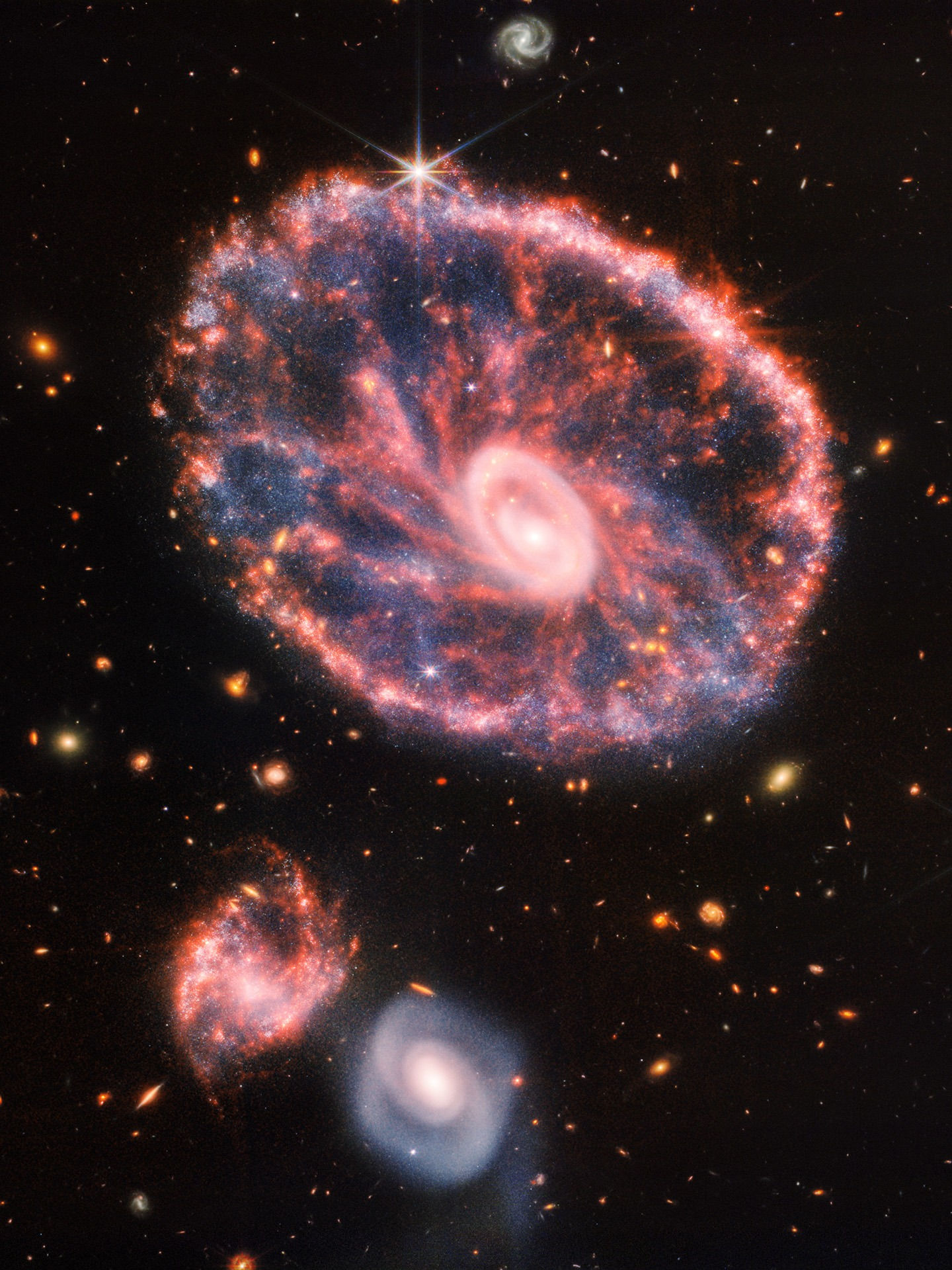

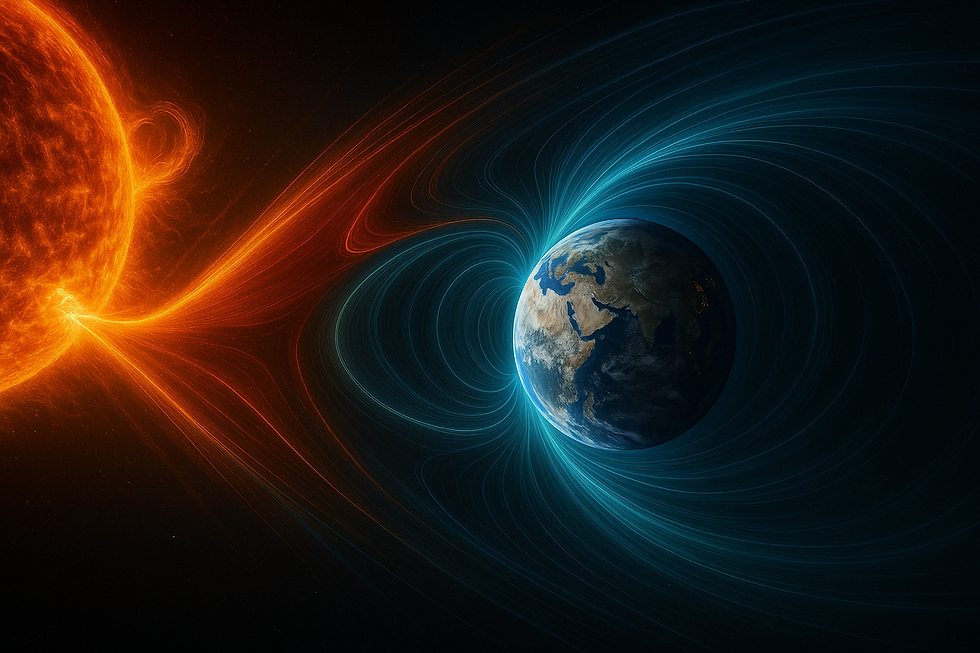






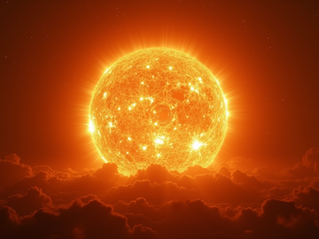



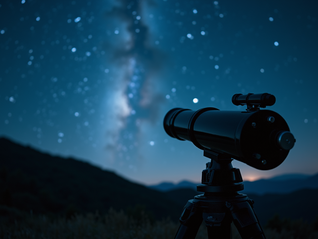















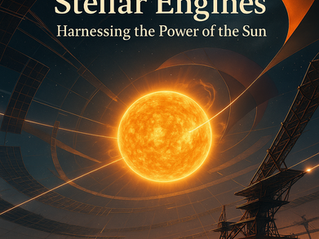














































































Comments